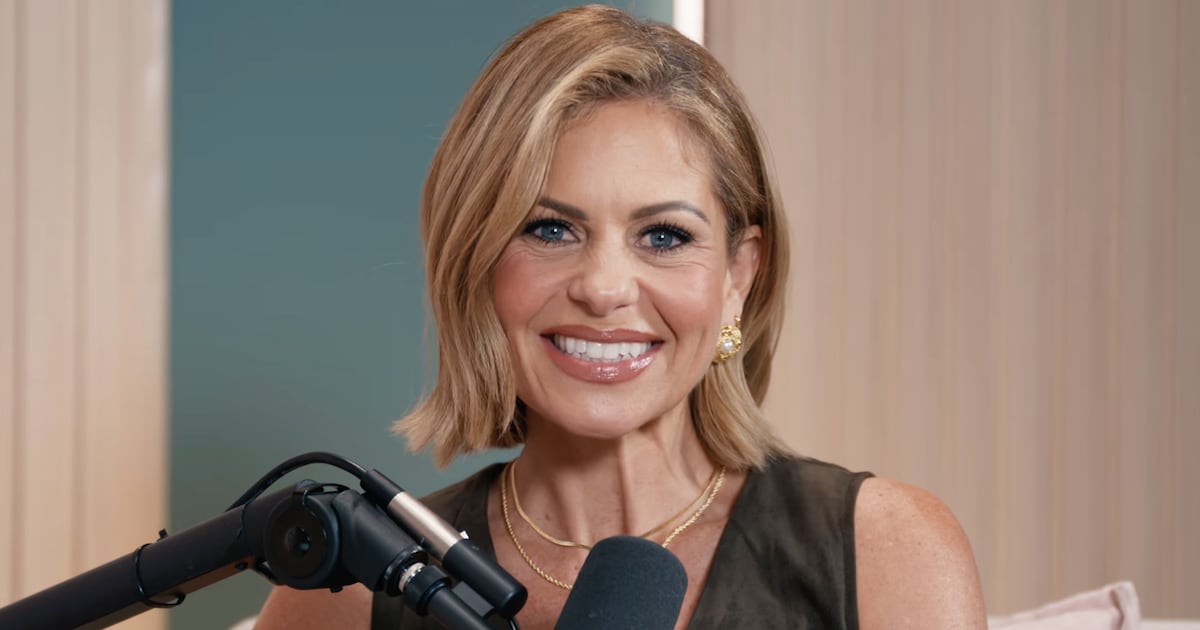Dragons streak through the skies and swords clash on the battlefield, but one of the most compelling sights in HBO’s fantasy drama House of the Dragon is simply that of Rhys Ifans erupting in anger.
In Episode 2 of the show’s second season, Ifans’ Otto Hightower learned that his grandson, the King (Tom Glynn-Carney), ordered every ratcatcher in the kingdom hanged for the crimes of one. This new act of cruelty was sure to backfire horribly against his family, undoing all the painstaking work Otto had put in to gain the public’s support. He strode across the room and impressed upon his grandson the full force of his moronic course of action. Then his voice dipped. He delivered a full accounting of Aegon’s flaws: thoughtlessness, fecklessness, self-indulgence. Each descriptor was more cutting than the last, delivered with venom, spat out with disgust.
Later, when Aegon commended the knight Criston Cole (Fabien Frankel) for putting a (frankly Looney Tunes-esque) murder plot into motion, Otto shut his eyes in pained disbelief. “And what…has…Ser Criston Cole…done?” he asked, sounding out each word sound as though it was dragged unwillingly from his mouth, stretching out the sentence as though he was afraid of what further foolishness he might hear in response.
Ifans wasn’t in Episode 3, which aired this Sunday, and it might be a while before we see him again. In a show driven by machinations and manipulations, however, it’s his absence that’s most keenly felt.
When Criston occupies his seat at the Green Council, the impression it leaves is that of an obvious interloper, a downgrade from his predecessor. Earlier in the episode, even a member of the opposing Team Black can’t help but acknowledge Otto’s skill at strategizing. House of the Dragon is a show populated by schemers either grasping at power, desperate to maintain it or harboring resentment when they’re denied it. Unlike the obvious sliminess of characters like Larys Strong (Matthew Needham), however, Otto’s power rests on his ability to sell the most vile ideas with an unwavering calm assurance, a steady drip of poison in the listeners’ ears.

Rhys Ifans and Olivia Cooke.
Ollie Upton/HBOHe wraps private ambition up in the packaging of public service—most of his schemes include some variation of the phrase “…for the good of the realm”—and if his hypocrisy is evident to viewers, those who align with his schemes are happy to go along with them. As for the rest? Well, all it takes is a little convincing.
In Episode 2, “Rhaenyra The Cruel,” Otto reacted to the murder of his young grandson by persuading Aegon that staging a procession with the body and blaming Rhaenyra (Emma D’Arcy) for his death would earn them public sympathy. He displayed no outward signs of grief at the horrific death, only ideas as to how he might spin it in their favor. The thought of parading a dead child through the streets is sickening, but Otto’s unwavering conviction in the idea is what clinched it.
The chasm between his revolting words and his steady intonation was vast, but Ifans’ measured cadence was key to selling the scheme. “I will not have him die in vain,” he said of Jaehaerys (Michael Carter), seizing opportunity even from the jaws of death, speaking pragmatically even as others at the council acted from a place of emotion. In contrast to Aegon’s shortsightedness or Daemon’s missing impulse control, Otto has long seen power as a series of chess moves, knowing exactly who to maneuver, when, and where. It’s a skill that’s served him well, securing his position as Hand to three kings.
By the end of that episode, however, he wore his knowledge of the kingdom and of men wearily. His long-suffering expression put it plainly: He’s surrounded by idiots.
Otto’s fatigue has been building for some time. It’s hard to describe House of the Dragon as “fun,” given the specter of death and ruin hanging over its characters, but some of its most lighthearted moments are set up through Otto’s authoritative gravitas clashing against Aegon’s vacant airheadedness.
In the Season 2 premiere, the new King proved to be woefully incompetent when holding court for the first time, making rash promises he could not hope to keep, showing himself unable to see the bigger picture. It fell to Otto to step in repeatedly and counsel him, irritation gradually creeping into Ifans’ voice. When Otto eventually turned around mid-step and mid-sentence, too exasperated to even bother anymore, the effect was amusing. In Episode 2, when Otto derisively referred to Criston’s grand plot to kill Rhaenyra—swapping one of her identical twin guards for another—as a “prank”, it was hysterical.

Rhys Ifans.
Ollie Upton/HBOSo far, Otto’s scheming has paid off, albeit with a terrible price. He’s pushed his daughter into the role of a queen, but in exchange, she’s had to spend her youth married to an old (and steadily decaying!) man. He’s schemed to have his grandson usurp the throne from its rightful heir, but Aegon is proving to be an impulsive, petulant ruler. In Episode 2, the once-reluctant king’s entitlement was on full display. He wrongly believed his father wanted him to have the throne, disregarding the years of scheming it took on Otto’s part to put him there. When he voiced this belief, the camera was on Otto’s back, but the cruelty in his laughter was evident. After everything, he couldn’t believe Aegon’s obliviousness.
In “Rhaenyra The Cruel,” Otto finally lost. He lost the opportunity to share Alicent’s confidences one last time, waving her off when she tried to confess to her illicit relationship with Criston, unwilling to hear what he perhaps already knew. He lost his position as Hand of the King when Aegon dismissed him. He lost his home in King’s Landing and had to set off for Highgarden.
“The young are peacocks, all shrieking and feathers,” Otto said at one point, referring to the rest of the characters, though the dialogue could double up as the thesis for an actor who knows the power of a quiet, grounded performance. In Episode 2, he couldn’t make his impetuous grandson see reason, he couldn’t make him listen. But in his towering performance, his gravitas and his impeccably timed pauses, he left viewers hanging on to his every last word.
Ifans didn’t appear in House of the Dragon’s most recent episode, but his absence created a clear vacuum, only amplifying how crucial his performance is to the success of this series. What better tell-tale sign of a series’ Most Valuable Player than even their silences reverberating through the rest of the show?






